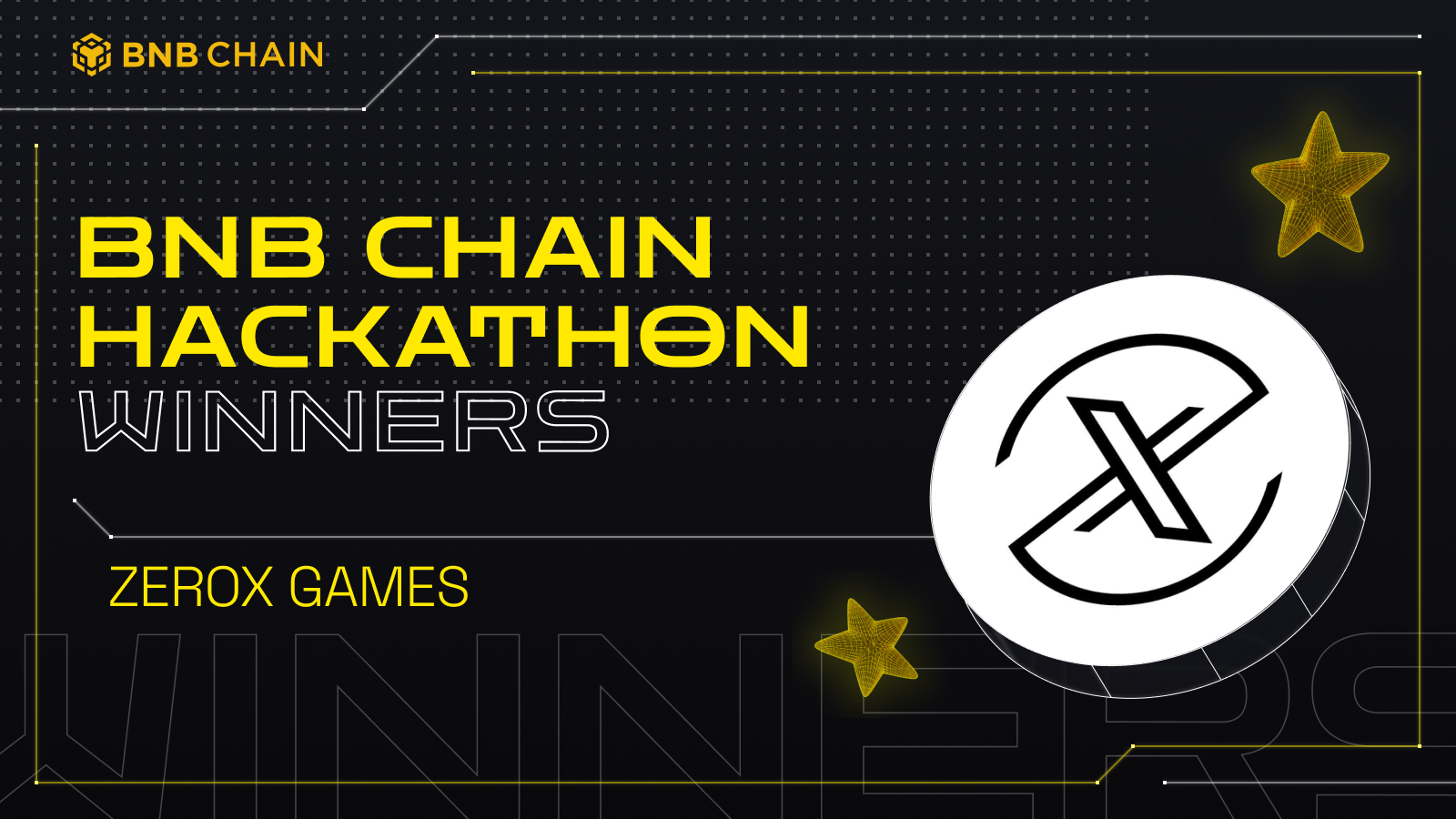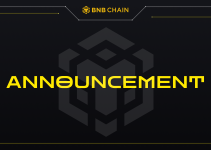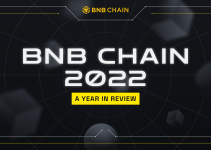Table of Contents

BNB Chain Hackathons serve as an opportunity for innovation, collaboration, and technological advancement. We provides opportunities through the complete journey of launching their project on BNB Chain while supporting projects’ long-term development.
In this blog, we spotlight one of the winning projects in the recent BNB Chain Hackathon in Istanbul – ZeroX.
ZeroX is a unique card-based game that integrates inventive gaming mechanisms, NFTs and Web3 Social features on BNB Greenfield and the broader BNB Chain ecosystem.
Project Interview
Tell us about ZeroX!
The one-word summary of ZeroX Gaming’s core mission is “onboarding.” We onboard users from Web2 to Web3 through gaming. On a higher level, we offer a Software Development Kit (SDK) and Application Programming Interface (API) services for traditional game development to convert existing game source codes and IPs into new Web3 games (e.g. moving the game asset layer on chain).
On a lower level, we have Ethereum Improvement Proposals (EIP) and protocol development as the Web3 infrastructure, which is suited for gaming.
What is the background of the core team at ZeroX and how did you meet each other?
William and David have known each other since they were colleagues at WiNMoS Lab at the University of British Columbia, when they were both pursuing their graduate degrees. They started to co-author academic publications and co-found companies as early as 2015 — almost 10 years ago. After founding ZeroX Gaming in Vancouver, Canada, they met a couple of talents in Vancouver like Paul Wong (Product), Martin Yan (Protocol), Taha Shabani (Protocol), Michael Chen (UI/UX), and Ricky Wong (Project Management).
We are quickly expanding our team and are expected to be a team of 10+ people by Dec 2023.
How did you come up with your idea for your project?
We used to operate a security auditing company called Verilog Solutions. Our security portfolio includes projects like BendDAO, Gnosis Chain, Oasis Network, and the once super popular game StepN. After auditing many projects, we figured out that the Web3 industry is still so far away from massive adoption. The historic Daily Active Users (DAU) of the top game StepN is still just at the 100k level. We should do something!
The problem ZeroX is solving and impact on users
How is your project related to opBNB or BNB Greenfield?
Nowadays, it is no longer practical to put most applications like Web3 games or social media applications on layer 1. There needs to be better solutions for high throughput applications like opBNB. For the gaming industry, there are so many intermediate states and game data to be stored. We need good solutions like BNB Greenfield to make the onboarding of traditional games to Web3 more frictionless and seamless.
What is the problem and how are you solving it?
We want to overcome and lower the barriers for traditional game developers and gamers to enter Web3. Specifically, we provide SDK and API services so they do not need to face any of the Web3 hassles such as wallet key management and contract interactions etc. On the gamers side, the games should feel like just regular games that they are used to playing with. On the platform level we will be injecting education gradually and seamlessly to build up their sense and understanding of game asset ownership.
What is a memorable story about your project’s journey?
After forming our initial team and focusing on technical development for a few months, we decided to try showcasing some of our core values and have fun at a hackathon. In September, we participated in our first hackathon, the ETH Singapore Hackathon 2023 during the TOKEN2049 Week. We were so blessed to win 4 tracks (including the most competitive NFT, Social, and Gaming track) among 2000+ builders, and were consequently crowned the top winning team. This victory is a testament to our innovations, technical background, and our commitment to pushing the boundaries of the Web3 industry.
ZeroX’s Hackathon Journey
What made you want to apply to the BNB Chain hackathon?
BNB Chain has been putting lots of efforts into mass adoption of Web3. These efforts range from opBNB to substantially reduce application gas fees, andBNB Greenfield as a leading paradigm for structural and economic Web3 data. We felt like our core mission to achieve mass adoption in Web2 users lined up with BNB Chain which is what attracted us to apply to the BNB Chain hackathon.
What did you learn during the hackathon and how did you apply it to your project development?
Prior to the hackathon, we were not aware of the readiness and convenience BNB Greenfield can provide. For example, the location addressing feature is very important for the convenience of onboarding traditional users’ needs. Our onboarding solution will utilize ERC-6551 as an important element, whose storage structure can be substantially simplified through BNB Greenfield.
How did the Hackathon differ from other hackathons you have participated in?
ETH Singapore 2023 was the first hackathon we participated in, and the BNB Chain Hackathon 2023 in Istanbul was the second. We do not have many samples to properly compare but the event was quite dynamic. We talked to many brilliant minds at the venue and exchanged meaningful ideas.
What are your project’s future plans?
We expect to have our first funding round and our product launch in Q1 2024. We’ve been talking to companies in the industry and found out that their needs for moving assets to the blockchains have grown substantially in recent years.
While the abundance of innovative solutions, including technologies like ZKPs and modular blockchains enriches the blockchain ecosystem, it also poses some challenges for traditional Web2 users who want to get their feet wet in the Web3 world. They often find themselves overwhelmed by the numerous choices and struggle to determine which solution best aligns with their specific needs.
Therefore, we provide tools to guide them over these choices according to their needs, selecting which chains or L2s they should put their games on for example. We believe that it should be as seamless as possible to onboard the traditional users.


